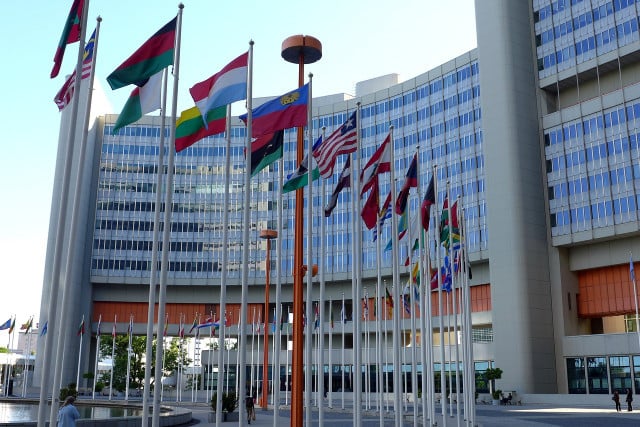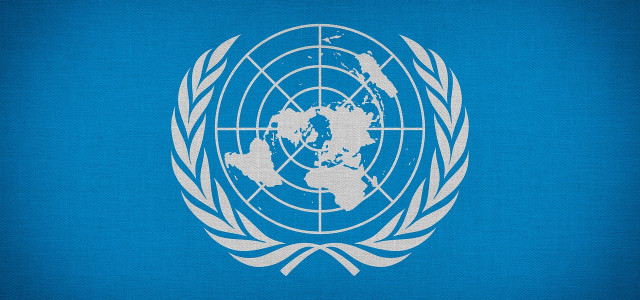Two similar UN summits, the COP15 and COP27 of 2022 had key differences in their topics of discussion and outcomes. Learn more about the COP15 and what was decided in Montreal in December.
The COP15, similar to the COP27, was a UN meeting on environmentalism. It stands for the Conference of the Parties to the UN Convention on Biological Diversity, or UN Biodiversity Conference in short. The two-week summit took place in 2022 in Montreal.
The major difference between the two summits was that the COP15 focus was specifically on biodiversity, rather than overall climate change. This is consistent across the summits every year, as the topics of discussion consistently differ based on the goals of the conferences.
The more well-known sister event COP27 was the 27th Conference of the Parties to the United Nations Framework Convention on Climate Change, also known as the UNFCCC. Established in 1994, the UNFCCC formed under the aim to prevent dangerous human-caused climate change.
The most recent convention, the COP27, was held in November 2022 in the Egyptian resort town of Sharm el-Sheikh, where 100 world leaders attended. Learn more about what happened at COP27 here.
COP15: Participants and Decisions Taken

A total of 196 countries are part of the UN Biodiversity Conference. In 2022, 95 percent of all governments sent representatives on site to COP15 which was hosted by Canada and chaired by China. The US notably sent a representative as well, despite being one of the few governments to not be a member of the conference. A Vatican representative was also in attendance.
The summit ended in what was deemed a landmark agreement on goals set through 2030, the Kunming-Montreal Global Biodiversity Framework (GBF). The adoption of this took place on the last day of negotiations. The GBF set a list of targets as well as several goals and a framework for achieving them.
Outcome of the COP15: The 4 Overarching Global Goals



Four goals of the GBF were set for achievement by 2050.
Goal A specifies that ecosystems are maintained, enhanced and restored substantially. This means halting human-caused extinction.
Goal B stipulates that biodiversity is sustainably used and managed.
Goal C pertains to the fair and equitable sharing of monetary and non-monetary benefits of genetic resources with Indigenous peoples and local communities.
Goal D specifies that resources of the global diversity framework are equitably accessible to all, especially developing countries.
Read more on biodiversity and related topics:
- 5 Threats to Biodiversity and What You Can Do
- Cryopreservation: How it Works & Its Role in Biodiversity
- The Importance of Ecosystem Diversity
GBF Targets for 2030



The GBF lists 23 specific and detailed targets at the COP15, and the Convention on Biological Diversity has highlighted 10 of them. Find the rest of the list on their website.
- Dramatically reduce loss of areas of high biodiversity importance to almost zero
- Ensure conservation and management of at least 30 percent of land, oceans, inland waters and coastal areas
- Restore or begin restoration of at least 30 percent of degraded land, inland waters, coastal and marine ecosystems
- Cut global food waste by 50 percent
- Reduce risk of pesticides and hazardous chemicals by 50 percent
- Reduce by $500 billion annual harmful government subsidies
- Mobilize $200 billion in biodiversity funding
- Raise funds from developed to developing countries to at least $30 billion
- Prevent and reduce invasive species
- Mandate large companies to monitor, assess and disclose risks, dependencies and impacts on biodiversity
Overall, the main discussion points surrounded financing the goals and targets, with developing countries and small island states at the top of mind. A fund was requested to support the implementation of the GBF, to be set up as soon as possible. The COP15 meeting also approved agreements on implementing the GBF through planning, monitoring, reporting and reviewing with partnered nations to make sure they have the capacity to meet the goals set.
Read more:
- What Is the Paris Climate Agreement, and Has It Already Failed?
- What Is Sustainable Development and Why Is It Necessary?
- Nature-Based Solutions: A Sustainable Approach to Save the Planet
Do you like this post?







